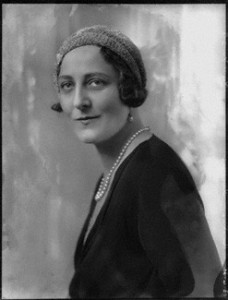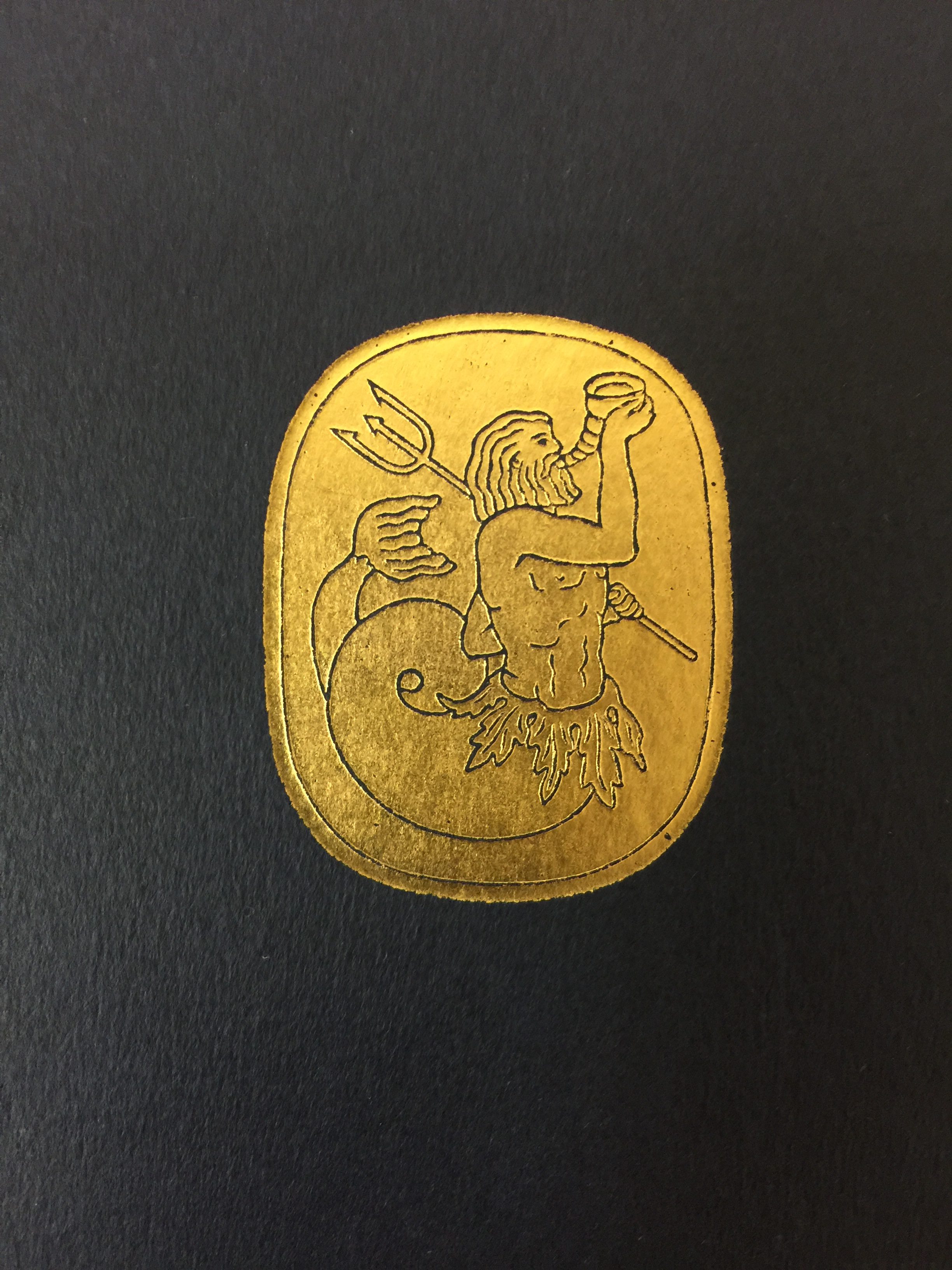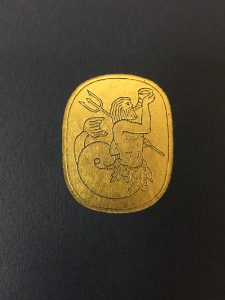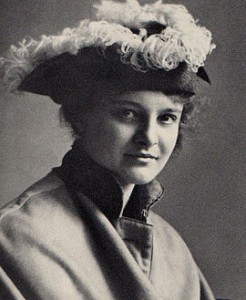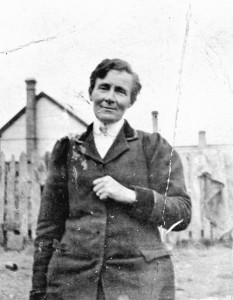To Rosamond Thomas Bennett Sturgis
Via Santo Stefano Rotondo
Rome. November 26, 1945
Two more parcels from you have arrived almost together, one with the most desirable sweater (which I should call a wollen waistcoat) and thick wollen socks, and the other with S. S. Pierce’s regulation ideal groceries for all normal persons.1 I have already had the coffee and the tea, although the festive fruit cake is still holding out bravely: which is the sort of over-lapping of good things that Goethe used to value so much in his love-affairs, saying that he liked to see the moon rise while the sun was still shining. That is certainly a comfort to the stomach, although I should think it might be embarrassing for the heart.
Army men have almost stopped coming to have their books autographed: I suppose they are leaving these parts for home, or at least for Germany. But there is a Mr. Gowen at Mr. Myron Taylor’s office who brings notabilities to see me, I don’t know why, except that people who are used to being busy need to be doing something or other when they have nothing to do. Last week he brought Monsieur et Madame Maritain; he is a Catholic philosopher now Ambassodor from France to the Pope; and this week he has brought the Marchesa Marconi,4 a distinctly beautiful woman, not in her first youth, but we may say in her second, since she is a widow. That, however, cannot be the reason why she should come to see me at my age, and there was really nothing that we could talk about with a real interest. But she was very amiable, and so tall—a good deal taller than I—that I couldn’t help being impressed and ashamed of myself for not being younger, taller, and more a man of the world.
From The Letters of George Santayana: Book Seven, 1941-1947. Cambridge, MA: The MIT Press, 2006.
Location of manuscript: The Houghton Library, Harvard University, Cambridge MA

